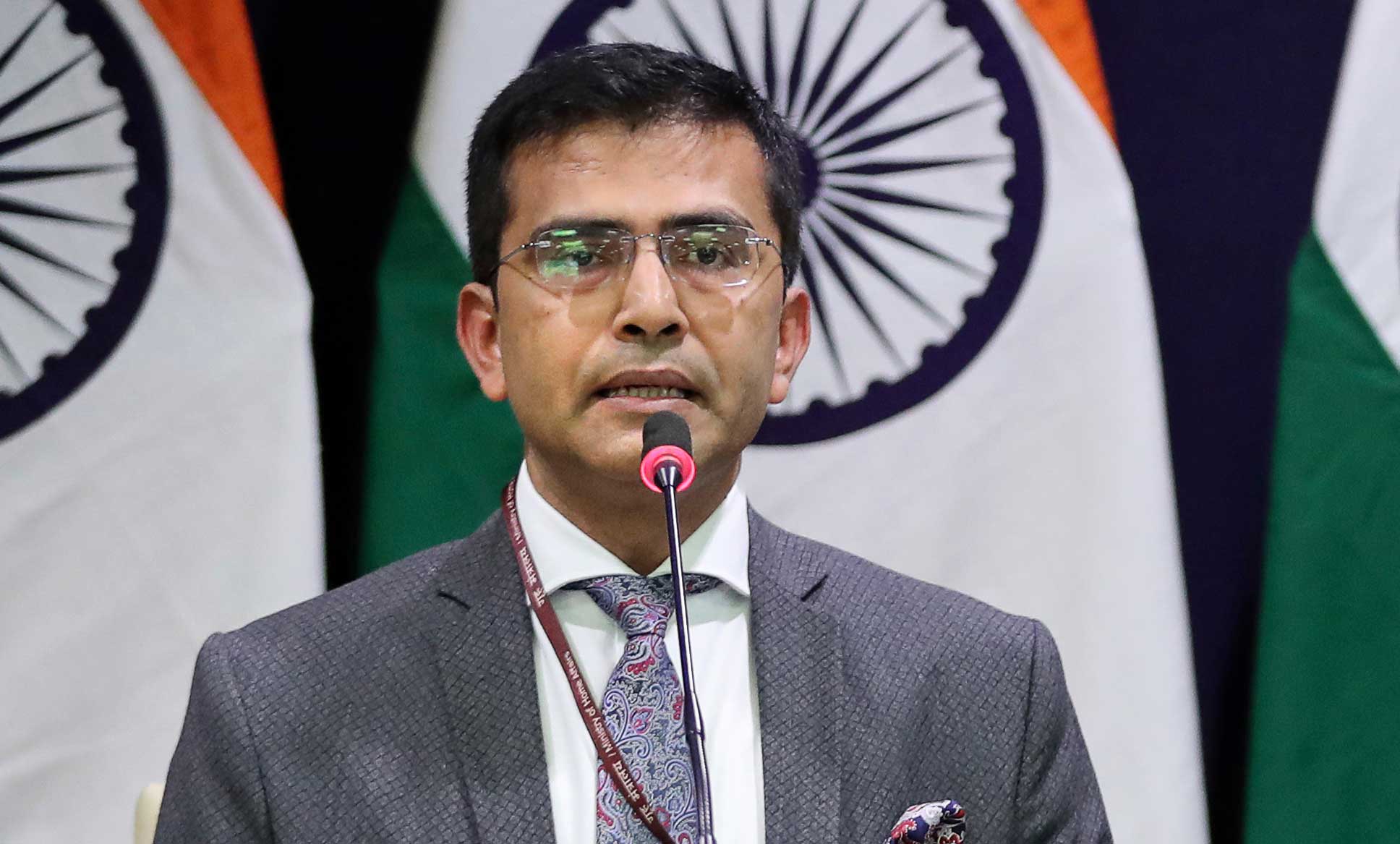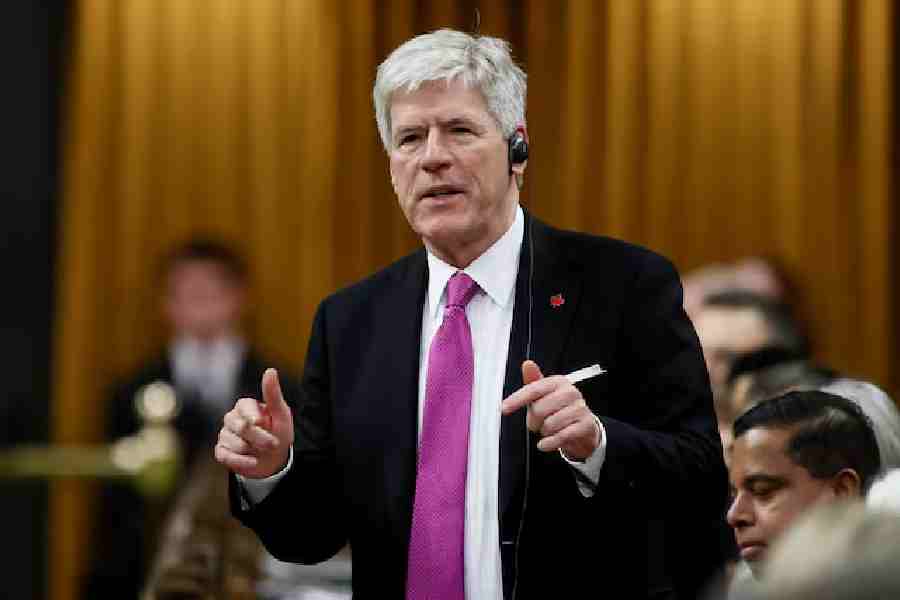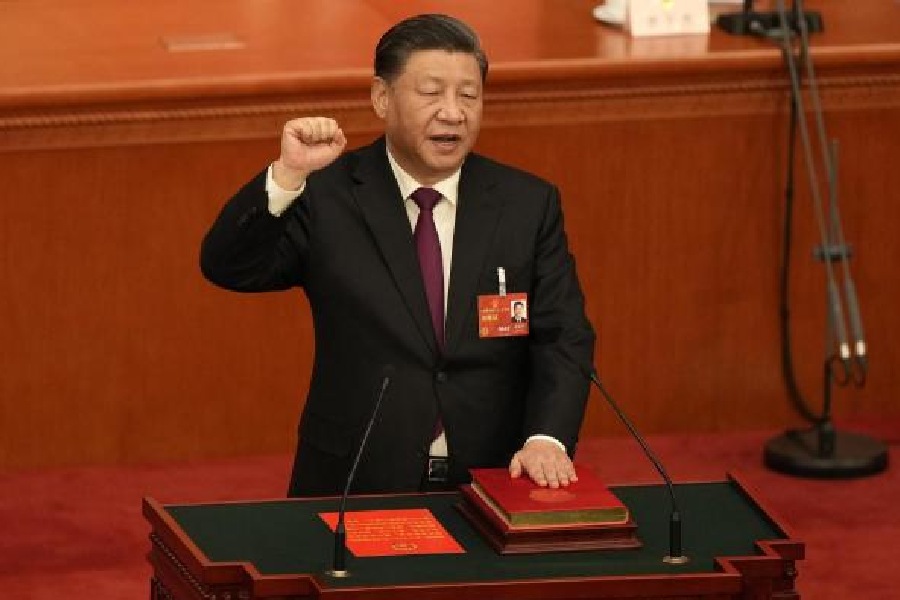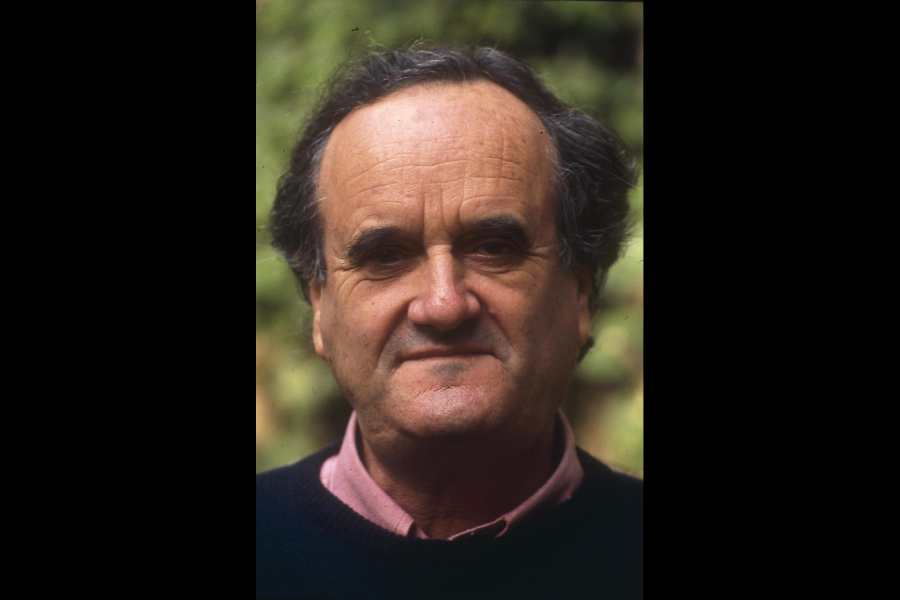The foreign ministry is now engaged in fire-fighting the adverse publicity India has earned abroad over the citizenship regimen, lengthening the list of “issues internal to India” that has been made external by the Narendra Modi government itself.
On Kashmir and Ayodhya, too, the Indian external affairs ministry had launched an initiative to reach out to foreign countries in an attempt to soothe their concerns.
Confirmation that the foreign ministry machinery is engaged in a perception battle came when spokesperson Raveesh Kumar replied to a question on Thursday on whether India had carried out a diplomatic outreach on the Citizenship (Amendment) Act and the proposed National Register of Citizens (NRC).
“We did reach out to countries across all geographical regions. We did write to our missions and posts. We did tell them to share our perspectives on the CAA and the NRC to the host governments,” Kumar said.
He insisted that barring a few exceptions, most countries had accepted India’s position. Sources indicated that Indian diplomats had an unenviable task cut out as there was genuine concern across the world about India’s shift towards majoritarian politics and its inability to provide a satisfactory reply to what happens to those who are left out if and when a nationwide NRC is completed.
Essentially, the government’s outreach seems focused on assuring the world capitals that the basic structure of the Indian Constitution — celebrated worldwide as a progressive document way ahead of its time when adopted in 1949 — has not been altered by the religion-specific CAA.
Besides this key concern, four other talking points have been given to the missions overseas and officials for interacting with ambassadors and high commissioners based in India.
Two of them are that the CAA and the NRC are internal processes but not connected; and that the amended act just provides expedited consideration for Indian citizenship to persecuted minorities already in India from Pakistan, Bangladesh and Afghanistan.
“We also conveyed to them that it does not affect the existing avenues available to other communities for seeking citizenship. The CAA also does not seek to strip citizenship from any Indian of any faith,” Kumar said.
The external affairs ministry has also had to battle the perception that the CAA and the NRC are linked. “We have been telling foreign capitals that the two are not connected; that the NRC is a Supreme Court-mandated process,” the spokesperson said.
Missions abroad have been asked to not only reach out to the interlocutors in the government in their host country, but also interact with the media to ensure that India’s official position finds space in the coverage overseas.
Kumar explained the rationale for focusing energies overseas in articulating the Indian position as opposed to briefing diplomats stationed here, as was the case after the decision to do away with Jammu and Kashmir’s special status in August last year.
He said the two issues required explaining and it was considered best that the missions abroad should also be involved in dealing directly with the foreign capitals.
“Depending on the subject matter at hand, the engagement may differ. On many occasions, we do conduct a very proactive diplomacy here in Delhi. In this case we realised there is a lot of explaining which is involved. You have to go out and brief the capitals. There could be some questions which will come your way.
“Therefore, a two-pronged strategy was adopted that apart from reaching out to the resident ambassadors and high commissioners based here, we will also ask our ambassadors and high commissioners abroad to engage with capitals across different countries,” the spokesperson said.
The outreach notwithstanding, the ministry is keenly aware of the growing corpus of articles on how India stands to lose the diplomatic and moral capital it has always had overseas owing to the Constitution and the choices it made, like taking a stand against apartheid that allowed New Delhi to punch way above its weight even when it did not have the economic muscle it has today.











